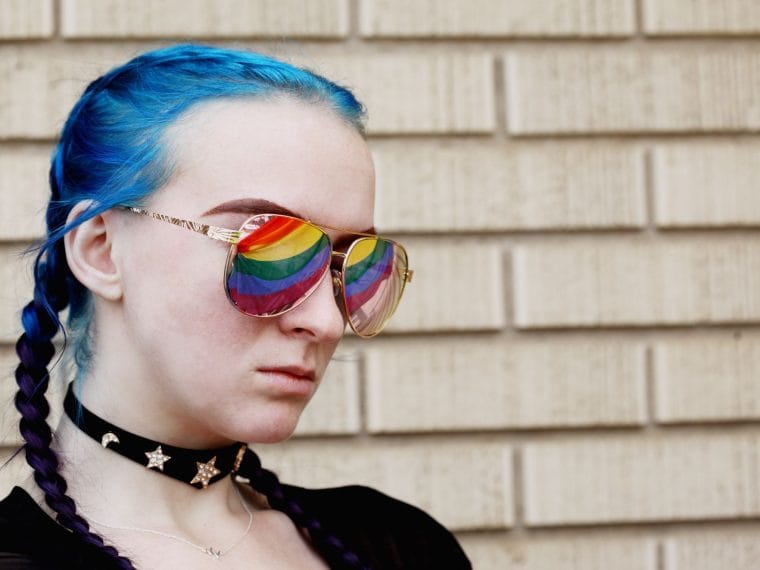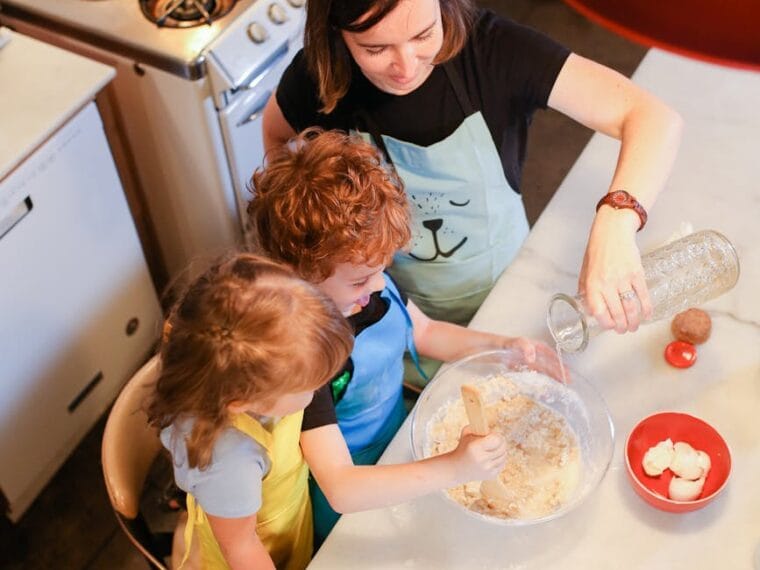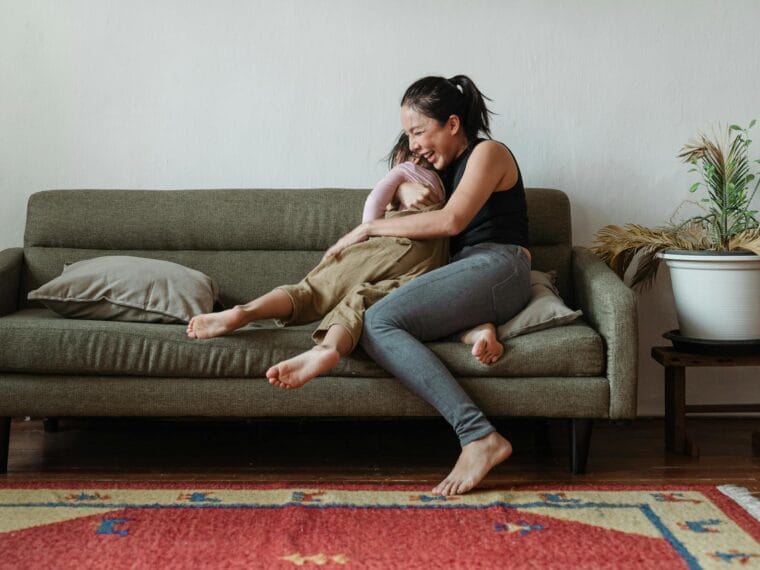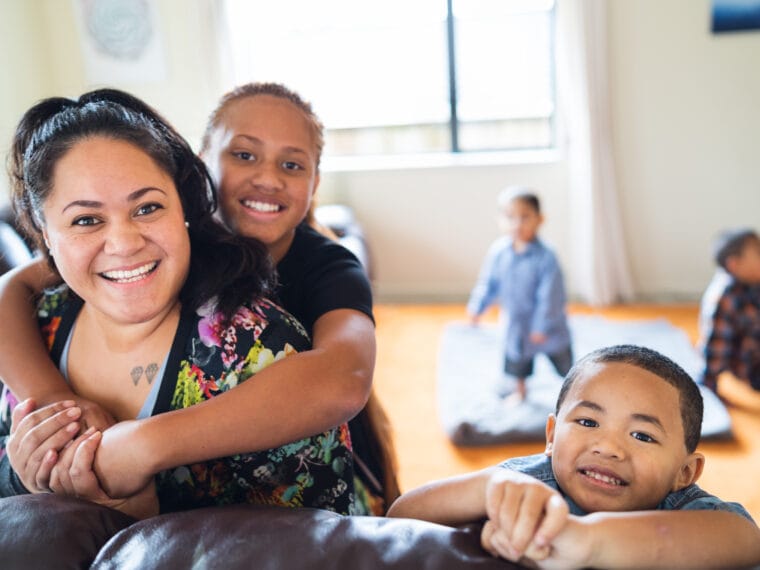Beyond Authoritative Parenting: A More Human Way to Raise Neurodivergent Children Rehumanising Parenting is a response to a culture that has slowly reduced parenting to technique, compliance, and optimisation. It is a return to relationship, nervous system awareness, and shared humanity. To understand why this matters, we need to look at the models many of […] Read more…









